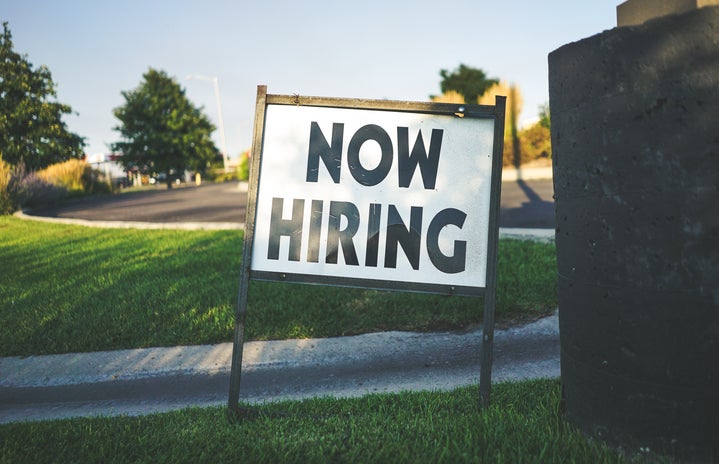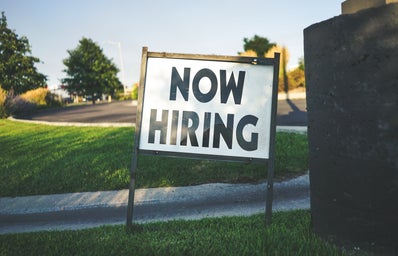During the pandemic, the world went through a radical shift. Key workers had faced newly dangerous conditions daily in order to keep their jobs and make enough money to sustain themselves. Meanwhile, the rest of the population was forced to make the switch from working in an office to working from home, a change in pace that would not have been authorized by most companies unless absolutely necessary. Indeed, there seem to have been countless work-related changes over the past few years, which have served to both increase and decrease the quality of workers’ lives. This has caused many to question the elementary processes of working accepted as reality before the pandemic. These ideas have prompted a need for change, a mission that has been set by millions of workers.
The pursuit of a life that has meaning and experiences beyond the work places has pushed a mass of the population to quit their jobs during the pandemic in a worldwide phenomenon known as ‘The Great Resignation’. This severance of employed individuals has also created an ‘anti-work’ movement following a rise in uncertainty over fundamentals, such as whether work is essential to achieve fulfilment, or even necessary for the progression of humanity.
This movement has been able to bring people together with the help of the internet, specifically through sites like Reddit, which allow users to gather under one communal interest. The page aptly named r/antiwork, which is dedicated to this campaign, has amassed over 1.8 million members since its founding in 2013. The forum consists of numerous posts celebrating someone leaving an exploitative job, campaigning for unionisation at their office, or even discussing the latest intellectual philosophies of the movement. Many of the stories featured on the page come from minimum wage workers; people who have been forced to leave their families and lives in to engage in work that is often belittling and exhausting, all for the absolute minimum amount of money they can legally be paid.
But what are the followers of the movement actually proposing workers do instead? The answer is found under the Frequently Asked Questions section on their popular Reddit page: “We’re not against labor, or being productive. We’re against jobs as they are structured under capitalism and the state: Against exploitative economic relations, against hierarchical social relations at the workplace.” In short, the leaders of the movement propose a world where people do only what is necessary. This constitutes the rejection of excess, pointless work and further rebellion against the career ladder which defines it.
How do they aim to achieve this goal? The leaders of the anti-work movement are after individual change. They don’t expect every person to be able to quit their job and leave everything behind. Instead, they offer support and advice for those who want to be able to campaign for better conditions in their workplace or attempt to find other avenues of income, ones that fall outside of the typical nine-to-five labor template. By giving people the community, resources, and encouragement they need to make their personal change, the movement is empowering people to drastically improve their lives, or at least to think about what their life would be like without work.
Anti-workers are not after change in only one company, or one town, rather, they want to see change all around the world. Not only do they aim to make a difference in the way people think about work and workers, but they also ask for real, practical developments that would enhance and develop the lives of millions. This is why anti-workers aren’t just part of a movement, they are part of a revolution.


